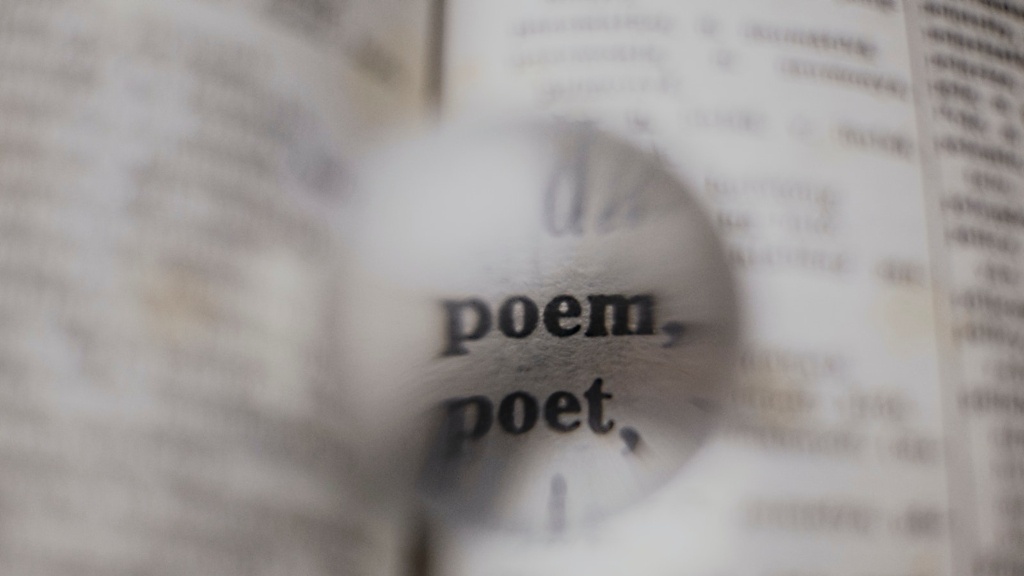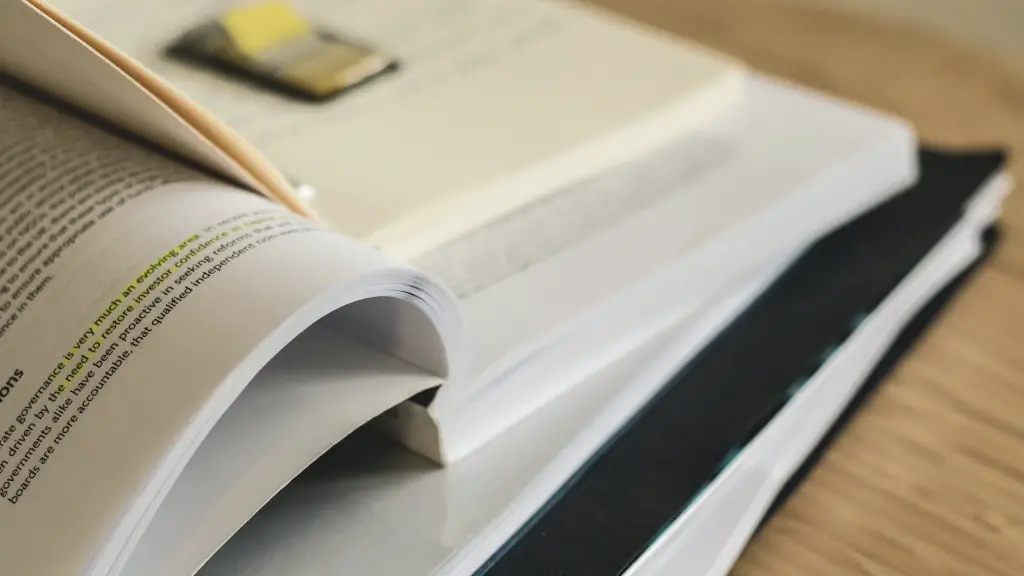Many people view writing poetry books on the same level as climbing Mount Everest – a difficult undertaking that requires hard work, dedication and an understanding of the craft. However, it is far from impossible and is actually a rather achievable goal that can produce great reward. Writing poetry is an art form that can be learned, developed and improved upon with practice and patience. So if you’re an aspiring poet, here are some tips to consider before you get started creating your masterpiece.
1. Brainstorming and Outlining
The best way to get started is to brainstorm and plan ahead. Take some time to explore and expand upon various ideas, themes and topics you feel passionate about and wish to convey in your poetry book. With that in mind, create an outline of how you envision your book to flow, by breaking down your ideas into different topics and subtopics that you can further explore in your writing. Also, use this phase to think of compelling titles and other support details that will help bring your book together in a cohesive and meaningful way.
2. Read and Research
Reading and researching top-notch poetry books can be an invaluable tool for understanding literary techniques and dynamics that can be useful in creating your own. Take the time to explore different styles, flows and topics and try to emulate aspects like the rhythm of language and use of imagery that can add depth and emotion to your writing.
3. Experiment and Exploring
Experiment and explore different writing techniques to find what works best for you and your book. Practice different writing styles like free verse, sonnets and iambic pentameter and find out which one resonates most with you. Additionally, play around with structure, diction and word choice to come up with unique and interesting poems. The key is to be creative, curious and consistent while writing, in order to produce the best possible results.
4. Apply Visual Aids
Adding visual aids to your poetry book can be a great way to engage readers and make your book stand out. Incorporating images, graphs and illustrations can help break up text and make your book more interesting to read. Moreover, visuals can also help highlight concepts that are difficult to express through writing and offer novel perspectives on topics.
5. Show Don’t Tell
One of the key elements of great poetry, is the ability to show rather than tell. Rather than laying out facts and stories in a straightforward manner, powerful writing suggests ideas, frees the imagination and allows readers to draw their own conclusions. If you want to touch your readers, focus on ‘show don’t tell’ and try to be as descript and creative as possible.
6. Get Feedback
Getting feedbacks is always a good idea when it comes to writing. Being open and receptive to constructive criticism is key to refining your writing. Therefore, make sure to have trusted family and friends read your work and provide feedback. Additionally, you can join writing classes or communities where you can get tips from experienced writers and participate in group projects to further vitalise your writing.
7. Publishing Your Poetry Book
Once your book is complete, it’s time to start the book publishing process. You need to decide if you want to self-publish or go the traditional route and take your book to a publisher. It’s advisable to research your options to find the right fit for you. Do note that many major publishers prefer poets who have already developed a social media presence. Therefore, it’s important to establish a web presence through platforms like Twitter, Facebook and Instagram to boost your visibility and increase your chances of publication.
Creating An Audio Version Of Your Poetry
Creating an audio version of your poetry book is another great way to reach a wider audience. With audio recordings, readers will be able to appreciate the nuances and emotion of your poetry as if it was being performed live. You may even choose to narrate your book yourself if you wish to give experienced actors a run for their money. Additionally, audio versions can also be a great way to promote your book to an audience that is otherwise unable or unwilling to read. Consider different platforms available such as SoundCloud and Spotify for publishing your audio version.
Marketing Your Poetry Book
Marketing is the key to ensuring your book is seen by the right people, and that takes time and effort. To begin with, try to grow your audience online. Social networking sites, book review websites and book clubs are great places to start, as they can help publicise your book and introduce it to new audiences. Also, consider having a personal website and blog, as these are great ways to build your followers and engage with them often. Moreover, attending book events, networking with other writers and approaching media contacts are all great options to further expand your reach.
Creating An Online Poetry Store
The next step after creating your poetry book, is to make it available to an online market. Building an online store with shopping cart and payment facilities makes it easy for your readers to access and buy your book from any corner of the world. Additionally, try to optimise your website with relevant keywords and metadata to increase the chances of search engine ranking and optimising your store for maximum conversion rates. Furthermore, for potential buyers, offer discounts and interesting promotions to encourage them to make a purchase.
Final Thoughts – Take Your Time
Writing a poetry book is no easy task. It takes practice, dedication and learning about the craft. Keeping these guidelines in mind may help inspire you and push you forward but there’s no one right way to do a poetry book. In whatever way you choose to do it, make sure that you take your time and enjoy the journey. As they say, Rome wasn’t built in a day, so don’t feel rushed or pressured to produce something that you don’t feel 100% in creating. Spend the time to create the poetry masterpiece you are meant to write and the rewards can be indescribable.



